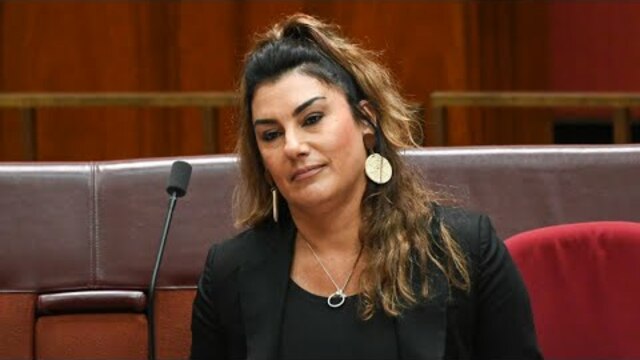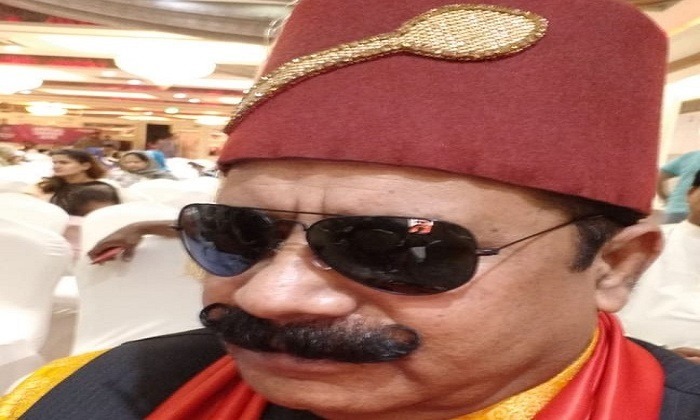Lidia Thorpe is a prominent Australian politician and Indigenous activist who has dedicated her life to the fight for justice, equality, and recognition of Aboriginal and Torres Strait Islander people. As one of the most vocal Indigenous voices in Australian politics, Lidia Thorpe has made significant contributions to the debate around Indigenous sovereignty, climate change, and social justice. This article will explore her background, her political journey, and her tireless efforts to advance the rights of Indigenous Australians.
Early Life and Connection to Indigenous Heritage
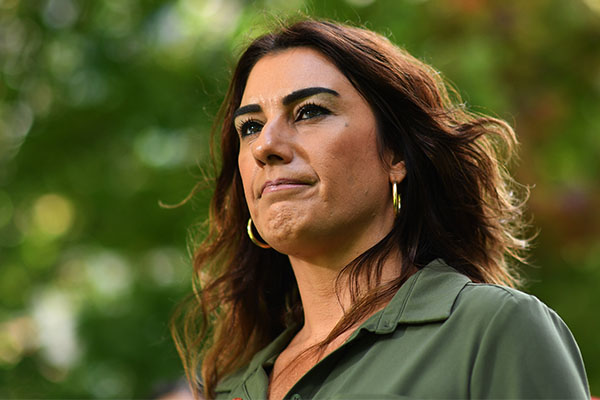
Lidia Thorpe was born in Melbourne in 1973 and raised in the inner northern suburbs of the city. Her family is from the Gunnai-Gunditjmara and Djab Wurrung peoples of Victoria, giving her a deep connection to Indigenous heritage and culture. Thorpe’s upbringing in a politically active family helped shape her views on social justice and equity. Her grandmother, Alma Thorpe, was a renowned activist, and her family’s activism inspired her to fight for Indigenous rights from a young age.
Her commitment to Indigenous rights was further solidified when she became involved in grassroots movements to protect Aboriginal land, including campaigns against the destruction of sacred sites. Lidia Thorpe’s passion for preserving her culture and heritage continues to be a driving force in her political career.
Lidia Thorpe’s Political Journey
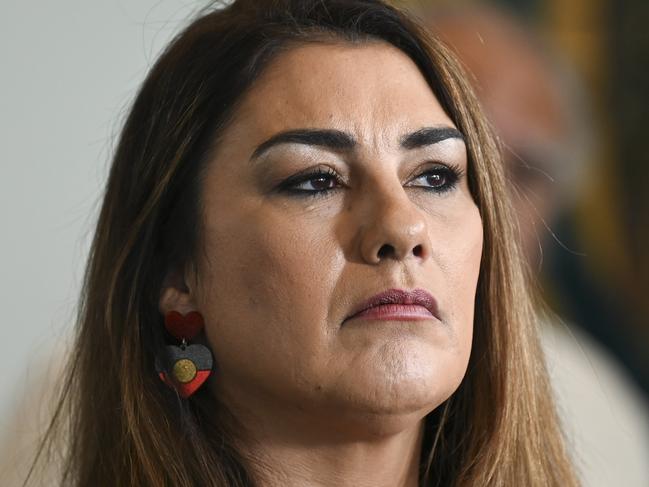
In 2017, Lidia Thorpe made history when she became the first Aboriginal woman elected to the Parliament of Victoria, representing the Greens party in the Northcote by-election. Her victory was significant not only for the Indigenous community but also for progressive politics in Australia. Thorpe used her platform to address critical issues such as Indigenous land rights, climate change, and racial injustice.
In 2020, she was appointed to the Australian Senate, representing Victoria. This appointment marked another milestone in Lidia Thorpe’s career as she became the first Indigenous senator from Victoria. Throughout her time in the Senate, Thorpe has remained a steadfast advocate for Indigenous self-determination and justice. Her bold and unapologetic approach to politics has often drawn attention, but it has also made her a powerful figure in the fight for Indigenous rights.
Advocacy for Indigenous Sovereignty
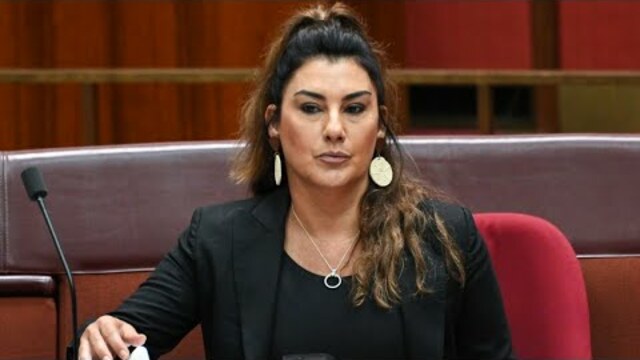
A key part of Lidia Thorpe’s political platform is her commitment to Indigenous sovereignty. Thorpe has consistently argued that true reconciliation cannot be achieved without acknowledging the sovereignty of Aboriginal and Torres Strait Islander people. She believes that Indigenous Australians have the right to self-governance and that Australia’s current political system must recognize and respect Indigenous sovereignty.
Lidia Thorpe has been vocal about the need for a treaty between the Australian government and Indigenous peoples. She views a treaty as a critical step toward healing the wounds of colonization and ensuring that Indigenous communities have control over their own land, culture, and resources. Her advocacy for a treaty is part of her broader push for systemic change in the way Australia deals with its colonial past and present-day injustices.
Climate Change and Environmental Activism

As an Indigenous leader, Lidia Thorpe has also been deeply involved in environmental activism, particularly around the issue of climate change. She recognizes the unique connection that Indigenous Australians have to the land and has been a strong advocate for protecting the environment. Thorpe argues that Indigenous knowledge and land management practices should be at the forefront of Australia’s efforts to combat climate change.
In her speeches and public appearances, Lidia Thorpe often highlights the devastating impact of climate change on Indigenous communities, particularly in rural and remote areas. She calls for urgent action to address environmental degradation, which disproportionately affects Aboriginal people who rely on the land for their livelihoods and cultural practices.
Challenges and Controversies
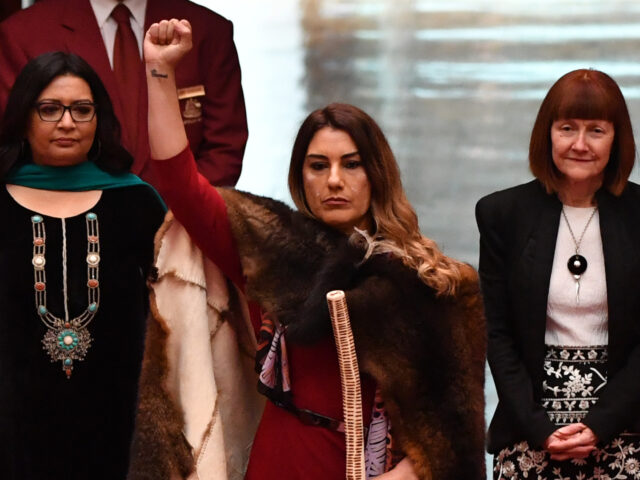
Lidia Thorpe’s outspoken nature and unwavering commitment to her principles have made her a polarizing figure in Australian politics. While she is celebrated by many for her fearless advocacy, she has also faced criticism from some quarters, particularly for her strong stance on Indigenous sovereignty and her critiques of the Australian government’s treatment of Indigenous people.
One of the most notable controversies surrounding Thorpe involved her decision to abstain from participating in the National Anthem during parliamentary ceremonies. She argued that the anthem, which fails to recognize the country’s Indigenous history, is a reminder of the ongoing oppression of Aboriginal people. Her decision sparked a national debate about the role of symbols in the reconciliation process and the need for greater recognition of Indigenous culture and history.
Despite these challenges, Lidia Thorpe remains resolute in her fight for justice. She continues to push for meaningful change in the way Australia engages with its Indigenous population, and she has shown no signs of backing down from her advocacy.
The Future of Lidia Thorpe’s Advocacy

Looking ahead, Lidia Thorpe’s political future appears to be as bold and impactful as her past. Her work continues to inspire both Indigenous and non-Indigenous Australians to think critically about the country’s history and its path toward reconciliation. Thorpe’s commitment to Indigenous sovereignty, environmental protection, and social justice ensures that she will remain a key figure in Australian politics for years to come.
As she continues her journey, Lidia Thorpe’s voice will likely grow even stronger in advocating for Indigenous rights and addressing the urgent issues facing her community. Whether it is through the pursuit of a treaty, climate action, or promoting Indigenous leadership, Lidia Thorpe is a force to be reckoned with.
Conclusion
Lidia Thorpe’s legacy as a politician and Indigenous activist is one of courage, resilience, and unwavering dedication to justice. Her role in Australian politics has challenged the status quo, and she has become a powerful voice for Indigenous people across the nation. As she continues to advocate for a more just and equitable Australia, her work will undoubtedly leave a lasting impact on the country’s political landscape.
